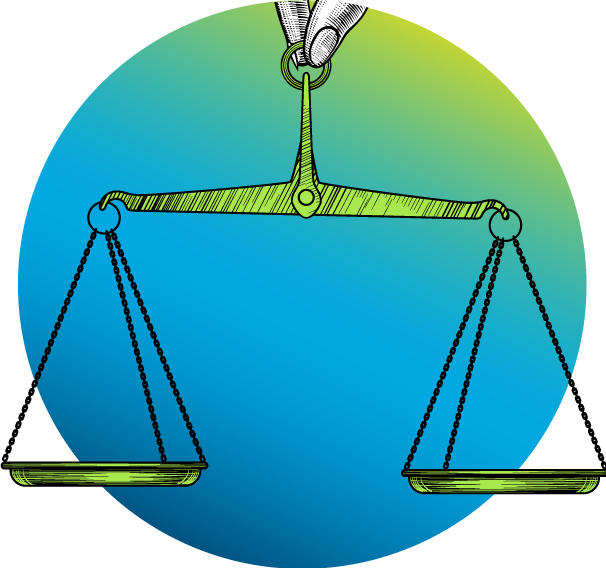
How does preventing bribery and corruption contribute to sustainable development?
Engaging in the fight against bribery and corruption not only promotes honest competition and makes good business sense, it also helps ensure local communities benefit from your business activity.
Corruption can divert funds away from education, health care and other vital public services. It can also exacerbate violence and insecurity and undermine trust in public institutions. This collection of resources can inform your business about why acting on bribery and corruption matters.
